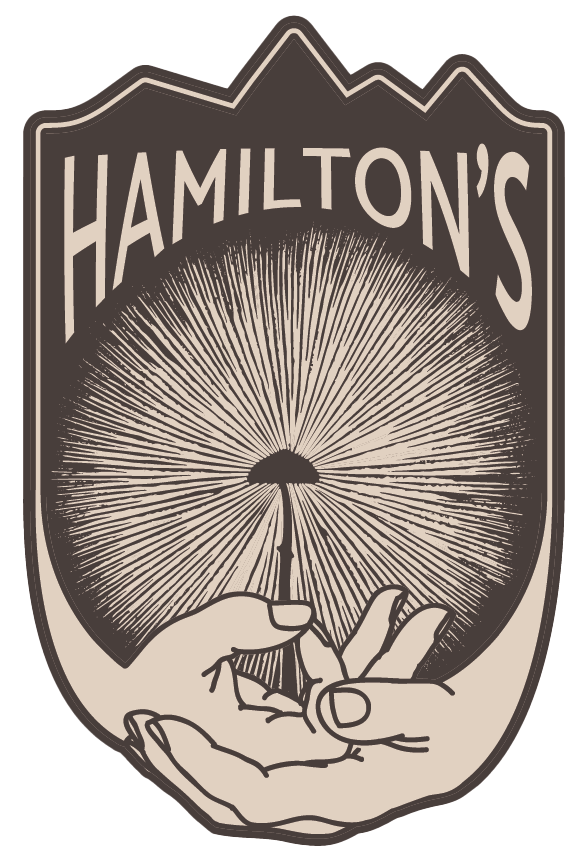TLDR:
- Nerve Growth Factor (NGF) and Brain-Derived Neurotrophic Factor (BDNF) are crucial for brain and nerve health, playing roles in memory, learning, mood, and injury recovery.
- These neurotrophins can be naturally boosted through exercise, diet, and mindfulness—and supplements like Lucid Lion’s Mane can offer additional support.
- Discover how you can enhance your mental clarity and physical resilience naturally.
In a world full of mental and physical demands, staying sharp and adaptable is more important than ever. I know its true for me as a small business owner! Whether you’re learning new skills, recovering from an injury, or simply trying to maintain a positive outlook, two key players—Nerve Growth Factor (NGF) and Brain-Derived Neurotrophic Factor (BDNF)—are working behind the scenes to keep your brain and body at their best.
Let’s explore why these neurotrophins matter and how you can naturally enhance their benefits for a healthier, sharper mind.

What is NGF? Your Nerves’ Best Friend
NGF is essential for maintaining and repairing nerves throughout your body. It supports the survival of sensory and peripheral neurons, which are critical for everything from movement to sensation. If you’ve ever recovered from a small injury or wanted to keep your nervous system strong, NGF is hard at work in the background. I have many clients that treated their neuropathy, and even Tinnitus using mushroom extracts.
NGF also plays a key role in cognitive health by maintaining cholinergic neurons, which are linked to memory and learning. Early research suggests it may even slow the progression of neurodegenerative diseases like Alzheimer’s.
To naturally support NGF, consider regular exercise, stress reduction, and adding supplements like Lucid Lion’s Mane, which may promote NGF production and overall nerve health.
BDNF: The Brain’s Builder
BDNF is like a personal trainer for your brain, helping it grow stronger and more adaptable. It enhances neuroplasticity, the brain’s ability to reorganize and form new connections, which is essential for learning and memory.
BDNF is also deeply connected to emotional health, playing a role in regulating mood and reducing the risk of depression and anxiety. Activities like physical exercise and mindfulness practices naturally boost BDNF levels, improving both mental clarity and emotional balance.
Did you know? Functional mushrooms like Lion’s Mane may help enhance BDNF levels. Adding a supplement such as Lucid Lion’s Mane to your daily routine could amplify these benefits.

NGF and BDNF: A Dynamic Duo
While NGF focuses on nerve repair and regeneration, BDNF supports learning, memory, and mood regulation. Together, they offer a comprehensive approach to maintaining your cognitive and physical well-being. It's kind of the perfect combo!
How to Naturally Boost NGF and BDNF?
Supporting NGF and BDNF doesn’t require major life changes—small, consistent habits can make a big difference. Here’s how to get started:
- Exercise: Regular aerobic activity like walking, swimming, or yoga boosts both neurotrophins.
- Eat Brain-Friendly Foods: Add omega-3-rich fish, blueberries, dark chocolate, and turmeric to your diet.
- Mindfulness and Stress Reduction: Practices like meditation and deep breathing reduce cortisol levels, supporting BDNF production.
- Try Supplements: Consider Lucid Lion’s Mane, a natural way to enhance both NGF and BDNF levels.
Boosting your brain health isn’t just about avoiding decline—it’s about thriving in every stage of life. You can quality of life to end of life by eating more mushroom extracts now. NGF and BDNF provide a foundation for better learning, emotional resilience, and physical recovery. By incorporating natural habits and science-backed supplements like Lucid Lion’s Mane, you can take control of your mental and physical well-being today.
SHOP NGF SUPPORT
Bibliography
Levi-Montalcini, R. (1987). The Nerve Growth Factor 35 Years Later. Science, 237(4819), 1154–1162.
Cowansage, K. K., et al. (2010). "BDNF: A key transducer of antidepressant action." Science Signaling, 3(146), pe34.
Lipsky, R. H., & Marini, A. M. (2007). "Brain-derived neurotrophic factor in neuronal survival and behavior-related plasticity." Annals of the New York Academy of Sciences, 1122(1), 130-143.
Mattson, M. P., et al. (2004). "Dietary factors and their impact on cognitive and neuronal plasticity." Mechanisms of Ageing and Development, 125(2), 91-103.
Walker, F. R., et al. (2013). "Exercise and neuroprotection in neurodegenerative disease." Brain Research Reviews, 59(1), 1-13.

